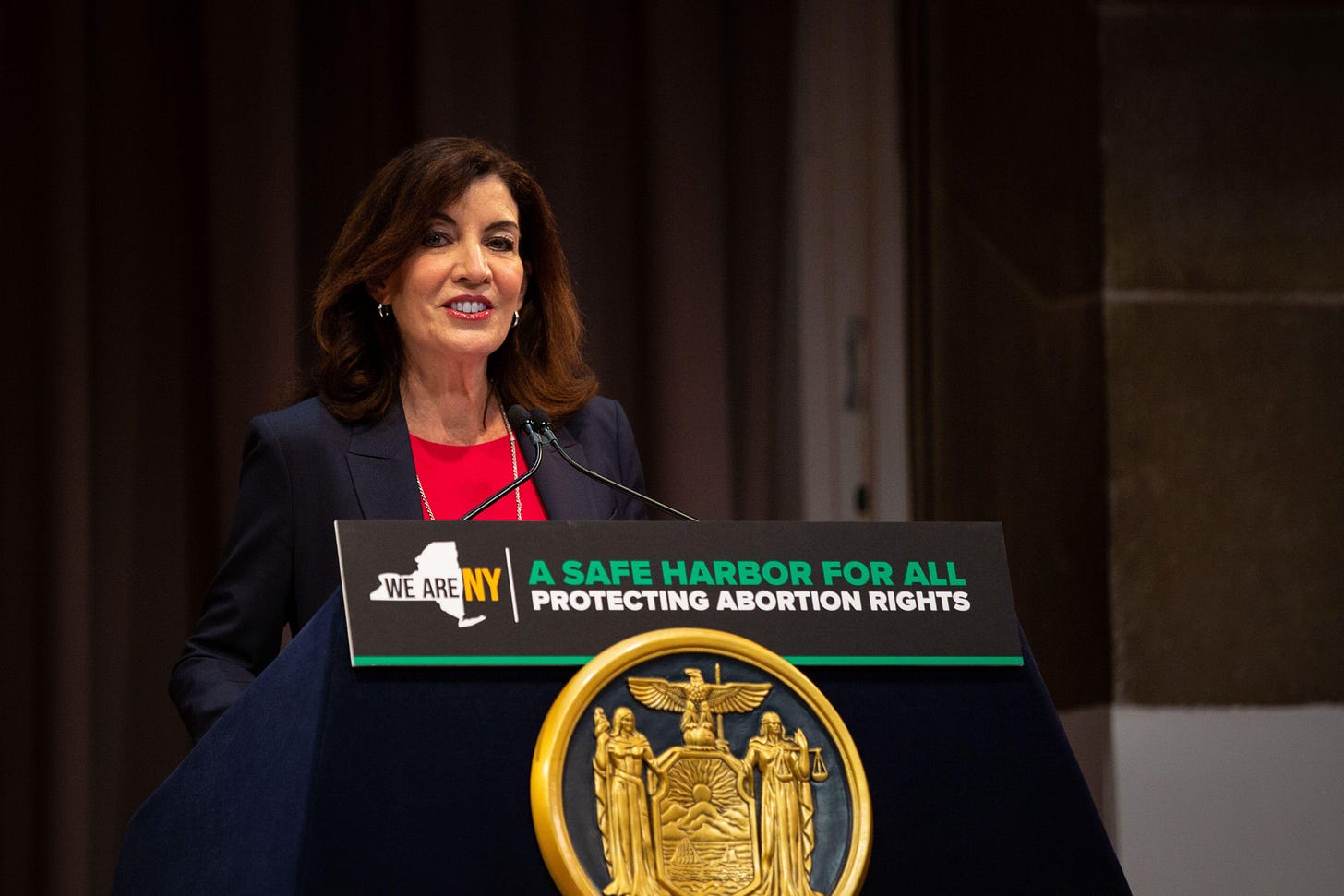11 states offer address confidentiality to abortion providers, patients, and their family members
A number of states expanded protections for abortion providers and patients in the past year, following the June 2022 U.S. Supreme Court decision which removed the constitutional right to abortion. While shield laws to protect doctors and abortion medication have received plenty of attention, as noted by Abortion, Every Day, a seemingly underreported development is the expansion of address confidentiality programs to include those providing and receiving reproductive or gender-affirming care – as well as their family members.
Address confidentiality programs allow eligible participants to receive mail at a confidential address, while keeping their actual address undisclosed. This protects not only your driver’s license, but your voter registration too. A review of programs across the U.S. shows that 11 states offer address confidentiality to at least some groups of protected healthcare providers and patients: California, Delaware, Maryland, Massachusetts, Michigan, Minnesota, New Jersey, New York, Vermont, Washington, and Wisconsin.
While some states specifically mention address confidentiality for those providing or seeking reproductive or gender-affirming health care services, others are more broad and stating that the program is available to “those who simply fear for their physical safety.” A few offer protections for election workers too.
Earlier this year, the National Abortion Federation reported seeing a “sharp increase” in violence at abortion clinics in 2022, the year when Roe v. Wade was overturned. The federation said that “a disproportionate increase occurred in states that protect abortion rights.” Some attacks result in prosecutions by the Justice Department, which has a web page dedicated to recent cases on violence against reproductive health care providers.
Justin Sherman spoke at length about the links between public records, data brokers, stalking and gendered violence on the Lawfare Podcast earlier this month. While such records have helped the online sleuths tracking down participants in the January 6th attack, they present a significant risk to the safety of doctors, nurses, election workers, and journalists. Female journalists have shared on social media that they don’t vote because doing so would make their home address available on people search sites.
I truly hope lawmakers soon wake up to the threat posed to at-risk individuals by data brokers, including the availability of voter registration records. In the meantime, let’s make sure those who qualify for existing address confidentiality programs are aware of their existence.


